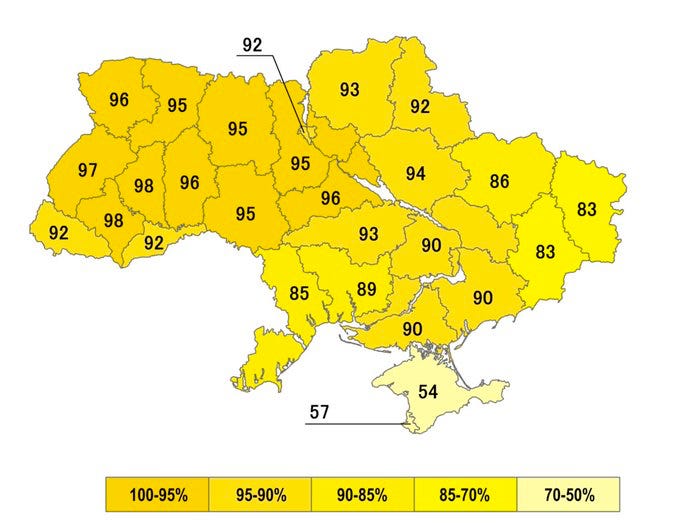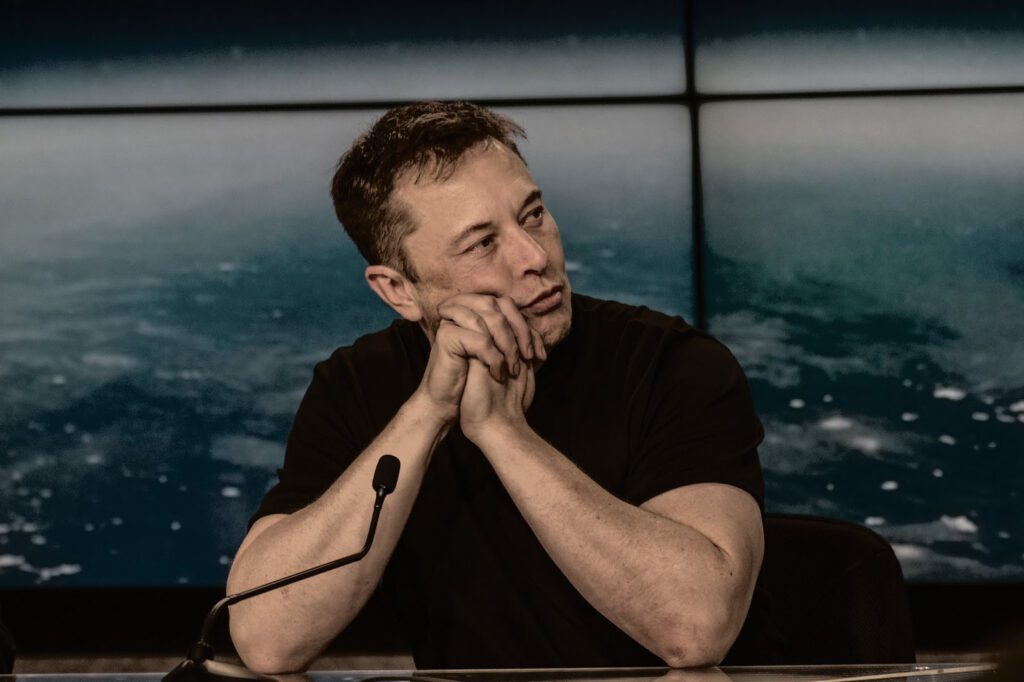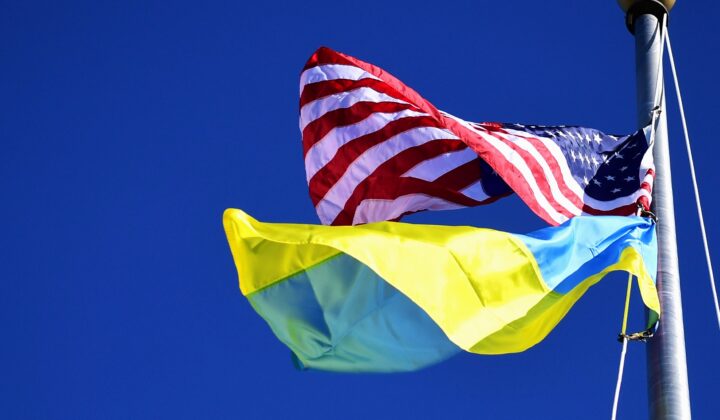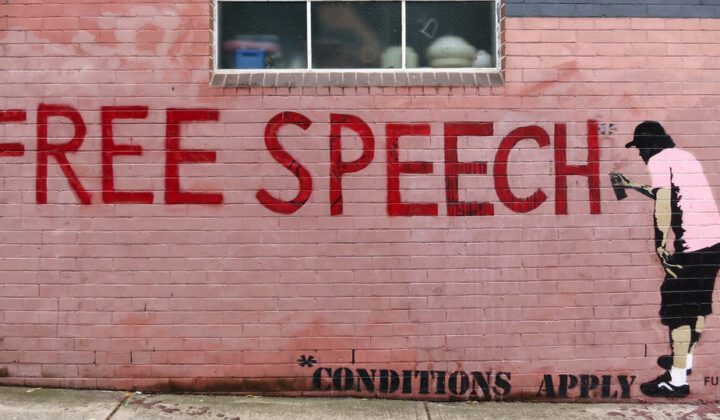On Monday, Twitter was abuzz after Elon Musk announced his plan for peace in Ukraine: there should be new referendums on whether eastern Ukrainian oblasts would join Russia, Ukraine should formally cede Crimea and guarantee its water supply, and Ukraine should remain neutral, aligning with neither NATO nor Russia. Millions participated in a poll he attached, with 40 percent of respondents agreeing that Ukraine should follow through with the terms. According to Musk, “This is highly likely to be the outcome in the end – just a question of how many die before then.”
Not everyone agreed. President Zelensky implied that Musk’s tweet was supporting Russia, while the outgoing Ukrainian ambassador to Germany, Andrij Melnyk, replied that Musk should “F— off.” RDI founder Garry Kasparov described Musk’s plan as a “repetition of Kremlin propaganda,” which proved to be more or less correct after the Kremlin hailed it as a “very positive” development.
No one in Moscow or Kyiv is going to be taking Musk’s advice, but his four-point plan is important nonetheless. Musk donated and sold Starlink systems to provide internet to Ukraine, so he can’t simply be disregarded like stalwart Russia supporter Tucker Carlson. More importantly, his opinion is likely a popular one that promises a middle ground between giving in to Russia entirely and committing to a costly and drawn out Ukrainian victory. As Putin again brings up his favorite talking point––nuclear destruction––more people are likely to look for an out like the one Musk is pitching.
The problem is Musk’s provisions are a recipe for Ukrainian defeat, though he’s not the only one that promotes them as if they amount to a pragmatic compromise. Unfortunately, after more than six months of combat, the media has done a poor job convincing the public why ideas like Musk’s are infeasible, so let’s lay each of Musk’s recommendations to rest.
1. “Redo elections of annexed regions under UN supervision. Russia leaves if that is will of the people.”
While the referendums that Russia orchestrated last week were universally acknowledged as fraudulent, people like Musk hold out hope that a democratic process can bring about a mutually agreeable solution. That is impossible.
Since Russia invaded eastern Ukraine in 2014, millions of Ukrainians have been displaced and hundreds of thousands more have been killed, detained, or forcibly relocated deep into Russia. No referendum could possibly be legitimate under these circumstances.
Logistical concerns aside, anyone supposing that Putin would respect the integrity of an election hasn’t been paying attention to the last 22 years of Russian history. Putin has overseen dozens of elections during his tenure, none of which has been legitimate. Extending his reach abroad, Putin has meddled in more than 24 countries’ elections. It should go without saying, but the enemies of democracy are not very keen on facing the consequences of honest elections.
Thankfully, we do have a referendum to draw conclusions from––the 1991 independence vote, where a majority of voters in every Ukrainian oblast decided to join an independent Ukraine. The result was overwhelming, with between 83 and 90 percent of people in the eastern Ukrainian regions that Russia annexed casting their ballots in favor of Ukraine.

2. “Crimea formally part of Russia, as it has been since 1783 (until Khrushchev’s mistake).”
Like the rest of Ukraine, Crimea voted to join the newly established state in 1991. Nevertheless, Kremlin propaganda commonly references Russia’s historical claim to the peninsula which has evidently taken hold of some Western observers. For that, we partially have our own media to blame.
When Russia invaded Crimea in February 2014, reports about the anonymous “little green men” obscured the fairly obvious fact that they were Russian troops. Later on, when Russian-backed officials announced that 95 percent of Crimeans voted to join Russia with 83 percent turnout, many in the media took the results at face value. Americans following the news read misleading headlines like these:
- NPR: “Crimea Overwhelmingly Supports Split From Ukraine To Join Russia”
- CBS News: “Official results: 97 percent of Crimea voters back joining Russia”
- The Wall Street Journal: “Ukraine Region Votes to Join Russia”
Three months later the truth came out when Russian officials accidentally released an internal report on a government website. Turnout was actually only about 30 percent, and just half of respondents voted to join Russia. But the damage had been done, and the myth that Crimea is rightfully Russian persists.
3. “Water supply to Crimea assured.”
Crimea lacks an abundant water supply and relied on a canal stretching into mainland Ukraine for close to 90 percent of the water used on the peninsula. After Russia annexed Crimea, Ukraine dammed the canal, disrupting the Crimean agricultural sector. The Russian government described Ukraine’s countermeasure as “genocide,” and destroyed the dam shortly after invading in February.
The dispute was used as a pretext for war by Putin, but describing it as an impediment to peace mistakes Ukraine as the aggressor. Ukraine has every right to determine whether or not its water flows into an illegally occupied territory.
4. “Ukraine remains neutral.”
“Neutrality” was one of Moscow’s central demands for making peace with Ukraine before the invasion, and it caught the attention of many in the West as a no-brainer. As the Russian narrative goes, the US guaranteed in the 1990s that NATO would move “not one inch eastward.” Nevertheless, it ruthlessly expanded, testing Russian patience. As Ukraine drifted westward, the prospect of it joining NATO was a bridge too far, and Putin invaded to defend Russia from American imperialism. But, of course, it’s all wrong.
The United States never assured Russia that NATO would not expand eastward toward Russia, although it did promise Ukraine to help guarantee its borders in exchange for denuclearization. Russia’s red line about NATO encroachment is equally absurd, given that Russia and Belarus already share a winding border with NATO through the Baltic States and Poland. Nevertheless, the fabricated Russian casus belli has been repeated for years among so-called realist experts, like John Mearsheimer, who believe that Russia has a right to dictate the foreign policy of its smaller neighbors.
The fact remains that Ukraine already existed in a state of neutrality before the February 24th invasion, all but guaranteed not to join NATO due to its ongoing territorial disputes and the unequivocal objections of dovish countries like Germany. Then Russia invaded Ukraine anyway, showing exactly how much peace neutrality bought the country.
Now, a commitment to neutrality would be an invitation to Russia to continue to meddle. Putin does not believe that Ukraine is an independent country, and he demands that the government in Kyiv fall under his authority. Remember that Russia initially invaded Ukraine in 2014 because Putin’s puppet in Kyiv, Viktor Yanukovych, was deposed in the Revolution of Dignity. Yanukovych escaped to Russia where he’s lived ever since, and Putin’s troops crossed into Ukraine. If the free world abandoned Kyiv, that is the status quo the Kremlin would return to.
Neutrality, like Musk’s other suggestions, is superficially reasonable but practically disastrous. While Musk’s plan promises to bring peace to Ukraine, it confirms Russian myths and invites further incursions into Ukraine. Even as Putin threatens nuclear war, we in the West would be wise to remember that peace terms must be Ukraine’s to decide.





